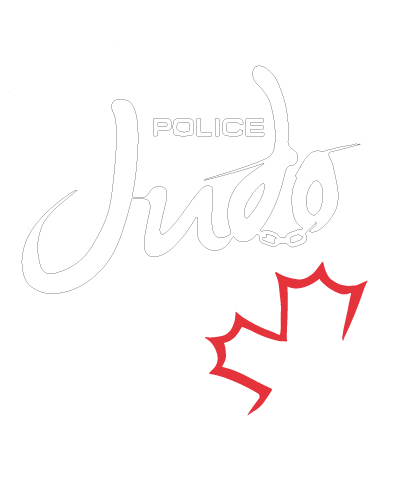With Aberdeen (Kamloops) Judo Instructor John Huntley dropping by and spending some time instructing with the SFU judo practice this past Friday, the conversation after practice and over a hot meal was about history, lineage and the builders behind the sport. One of Mr. Huntley's mentors and guiding influences in judo was Sensei Steve Sasaki (picture of John below with Steve Sasaki in 1980). Attached below is a short bio from the BC Sports Hall of Fame on Steve Sasaki. Pretty impressive legacy for an individual who started building judo programs only a few years after arriving in Canada. He maintained an unwavering commitment to the sport over the following decades - despite some real challenges (try internment camps as one). And on the law enforcement front, it is interesting to note that he was hired in the 1930s as the first judo instructor for the RCMP. Sensei Steve Sasaki passed away in 1993, but the annual Steve Sasaki Award was created in his honour to recognize individuals who exemplify the Kano principles of judo.
John Huntley and his wife Geri were co-awarded in the Steve Sasaki Award 2000 (Geri is the only female recipient of the award since its founding in 1995). John has been a tireless ambassador for instructing, refereeing, and teaching all things judo and his wife has also has a long history in judo as well. Geri, (3rd Dan since 1989) was the chair of the Judo Canada Women’s committee for 6 years, traveled all over North America organizing clinics, seminars, and chairing meetings related to judo, and in 1989 and 2009 she supervised the set-up and operation of the head table at the World Police Fire Games.
Steve Sasaki
Highlights
Known as the “Father of Judo” in British Columbia and Canada, Shigetaka (Steve) Sasaki embodied the essence and spirit of his sport. For 78 years, the late Mr. Sasaki studied, taught, developed, and promoted the art of judo.
Judo was founded in Japan in 1882 by Professor Jigoro Kano and from him, Sasaki learned the sport as a young boy. In 1924, two years after immigrating to Vancouver, Sasaki established the Vancouver Judo Club on Powell Street. Named the Kindokwan Dojo, or training place, this was the first official Canadian judo club. Many of his students went on to become world-class athletes and coaches.
In the 1930s, Sasaki became the first official judo instuctor for the RCMP. In 1936, Professor Kano visited Sasaki and requested that he accompany him on a European tour to promote the idea and concept of judo in an effort to foster peace and understanding between nations.
The onset of the Second World War changed the lives of countless people, including the Sasakis. The internment of Japanese Canadians during WWIIforced Sasaki and his wife, Sumiye, to relocate to an internment camp where he continued to organise judo classes. After the war, the Sasakis settled in Ashcroft, where they opened a business and established a dojo.
In the early 1950s, Sasaki set out to form a national judo organization. By 1955, he had established the Canadian Kodokan Black Belt Association, an alliance of Western Provinces which later becomes Judo Canada. In 1958, he travelled to Japan and arranged for Canada to join the International Judo Federation.
Sasaki retired in 1968, yet continued his quiet dedication to judo for many years after. He founded and taught at judo clubs all over Vancouver. He achieved an eighth level black belt in 1986, the same year he was inducted into the Canadian Amateur Sports Hall of Fame and received Japan’s Order of the Rising Sun.
Sasaki died in 1993, but is remembered fondly by all those involved in Canadian judo. Judo BC honours his memory with the Steve Sasaki Award. First presented in 1994, the award is given to a male and a female judoka, each of whom has achieved in competition and demonstated the spirit and essence of the sport.


